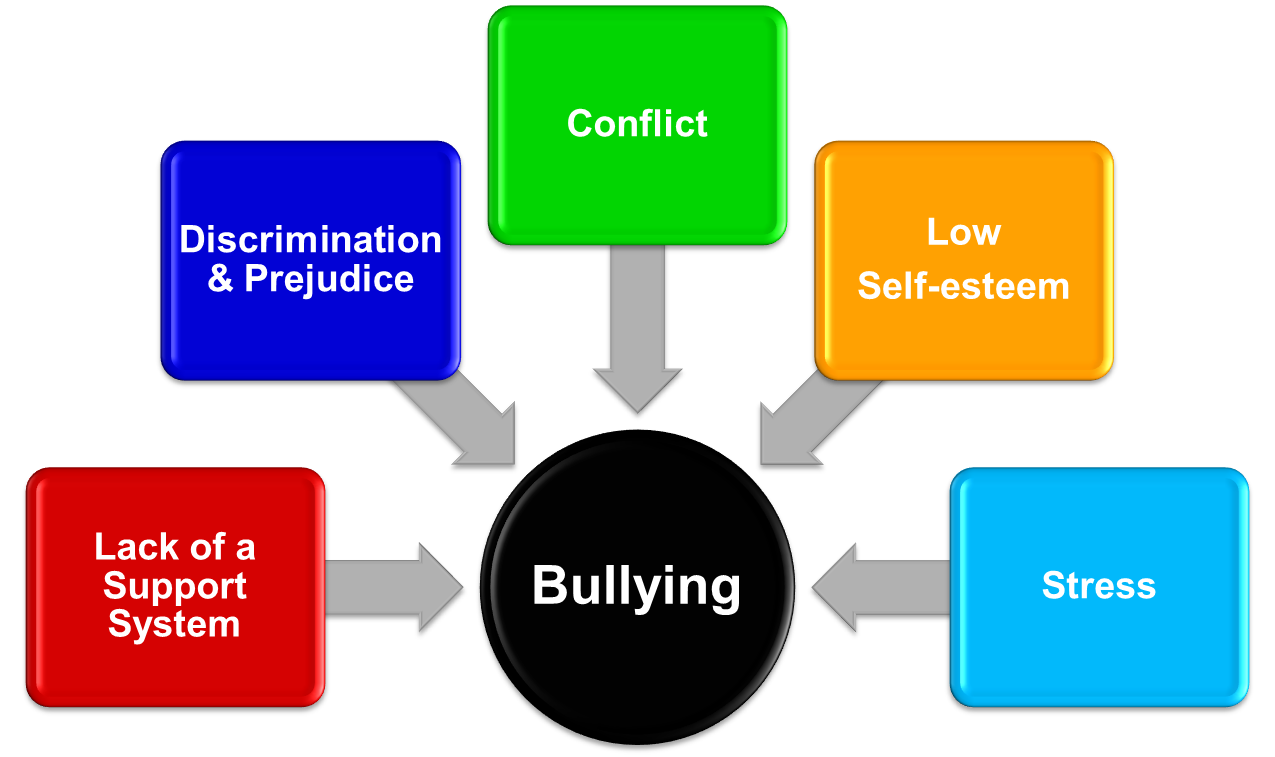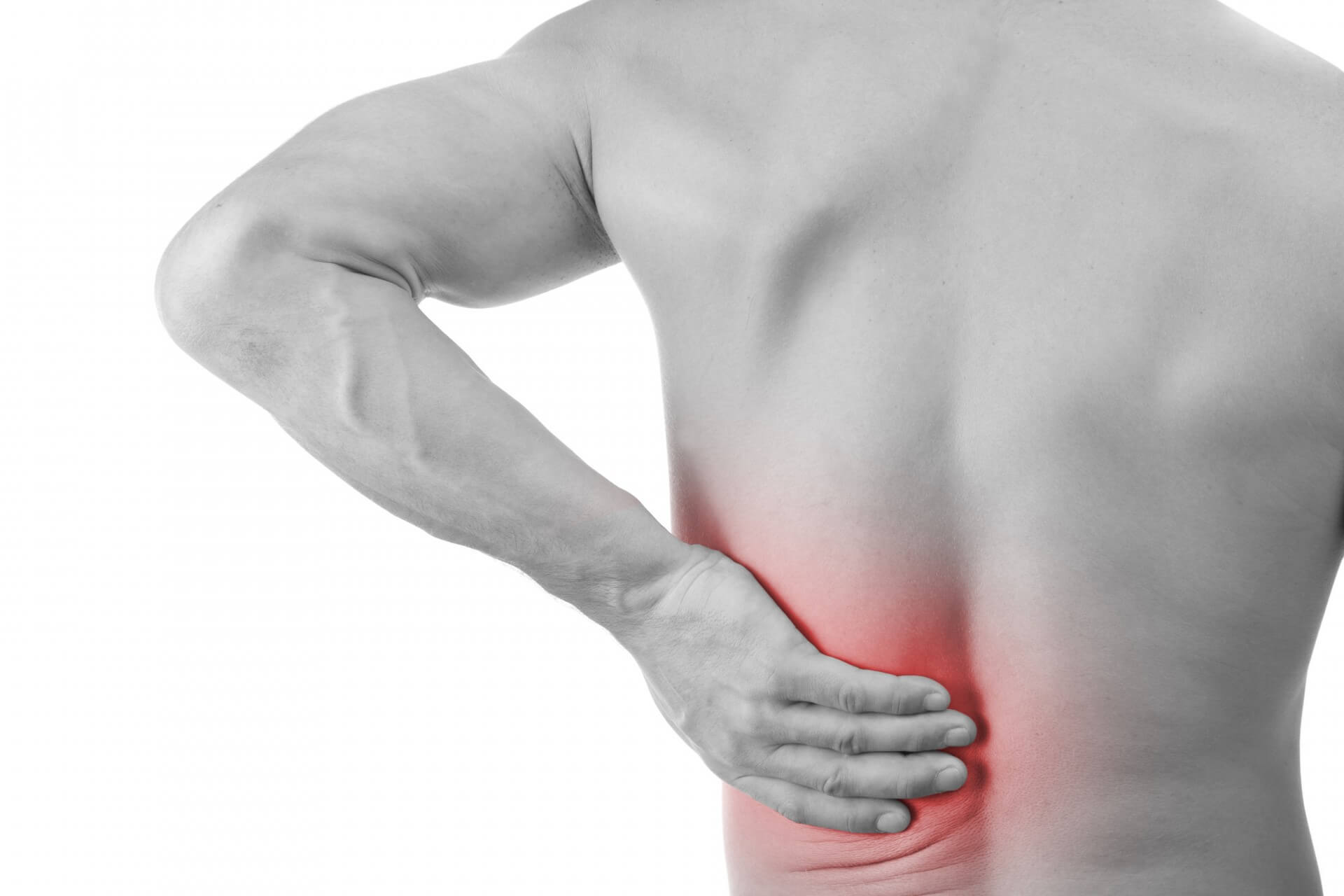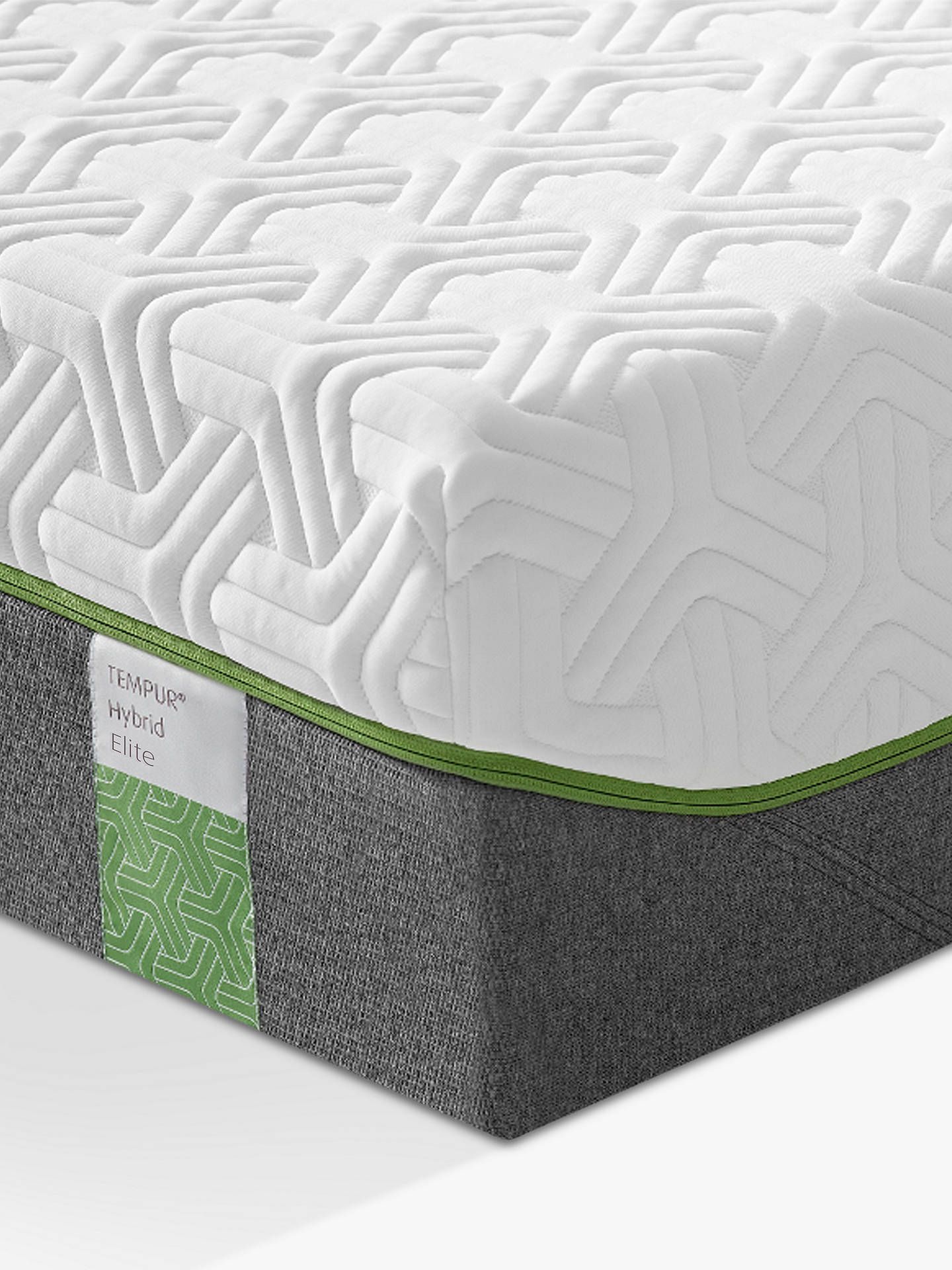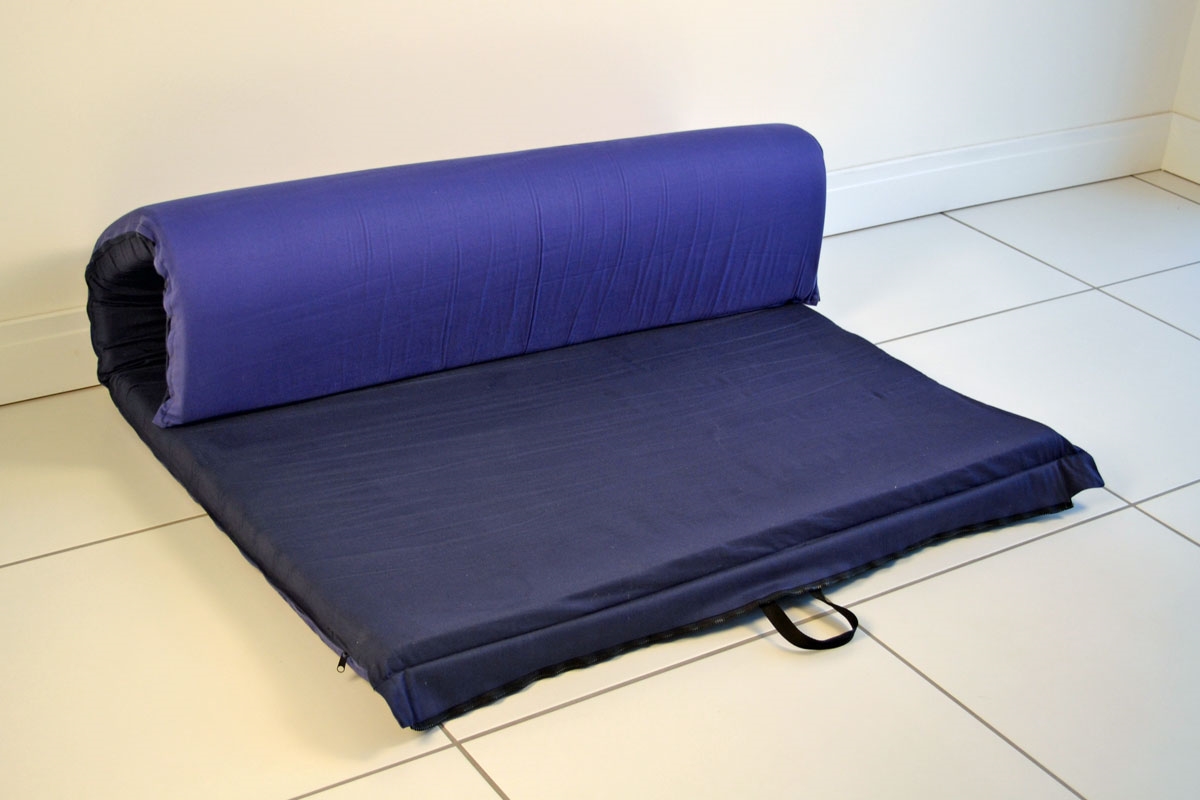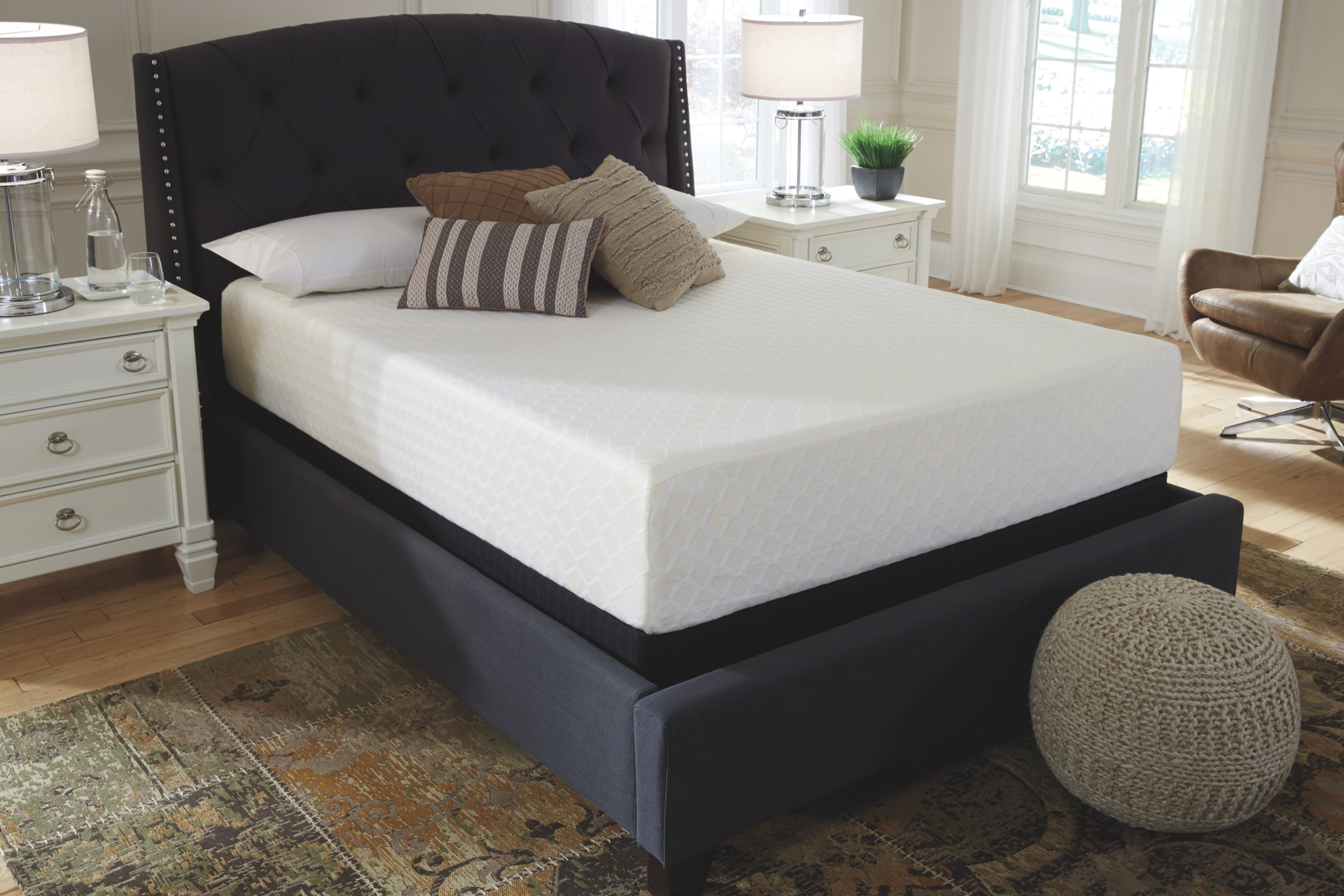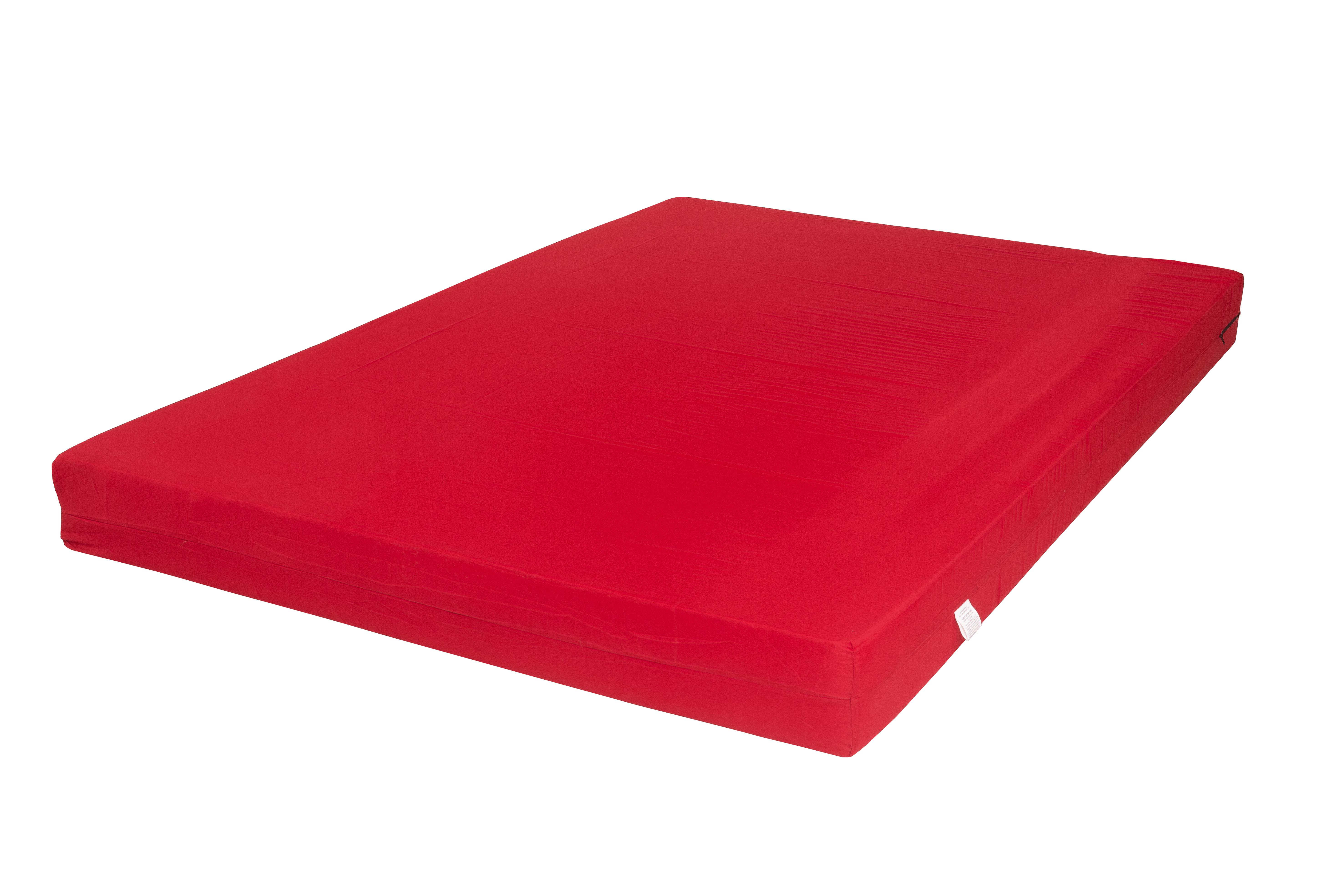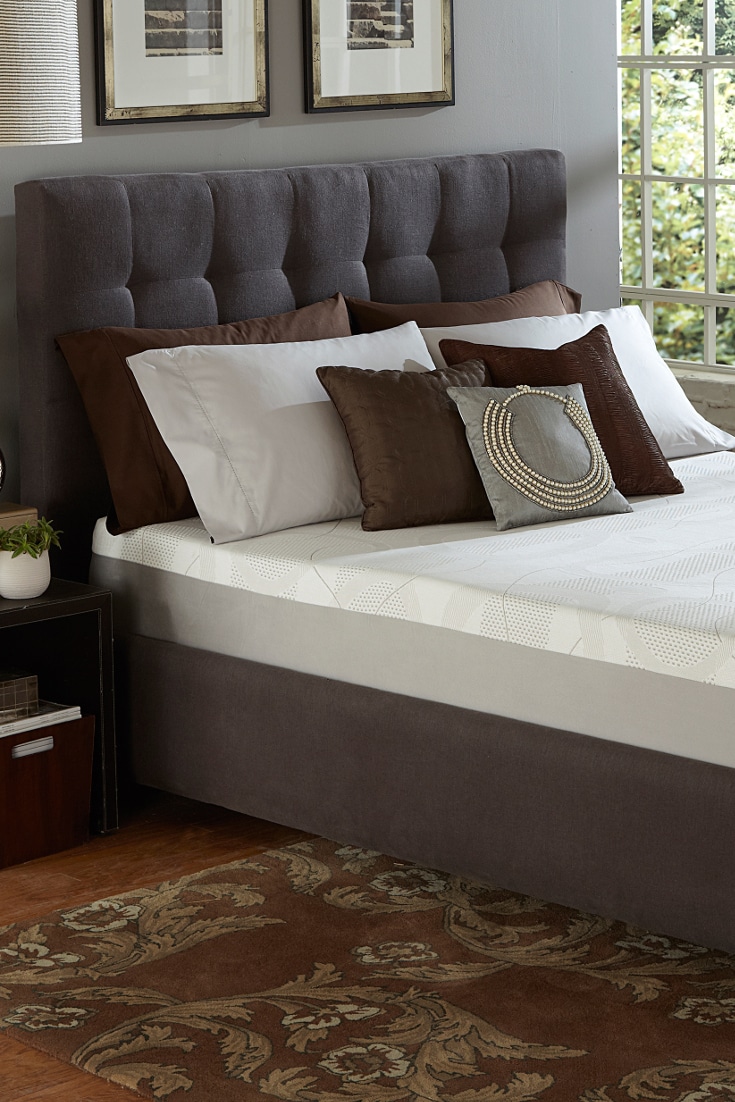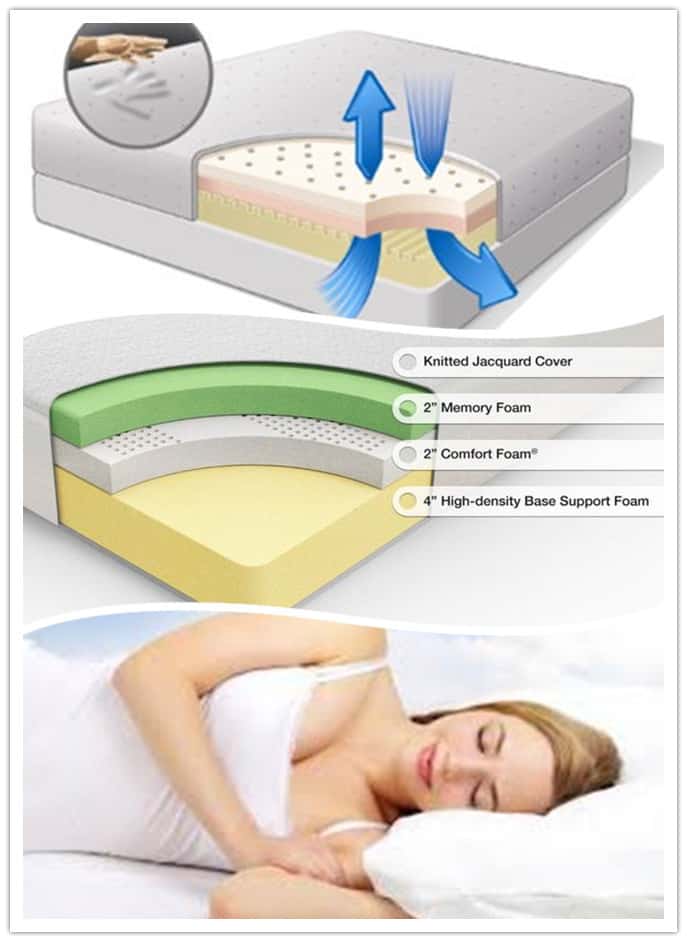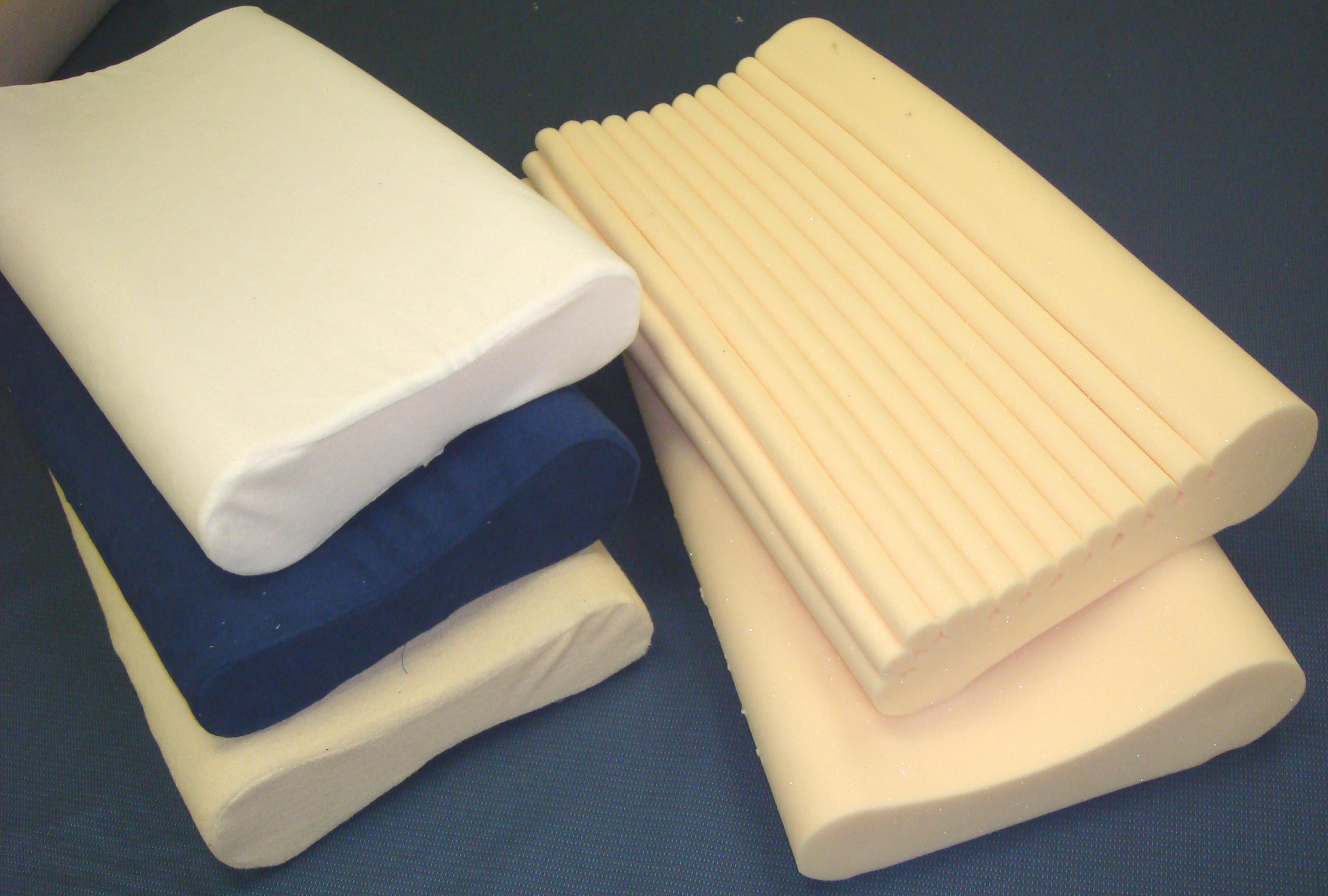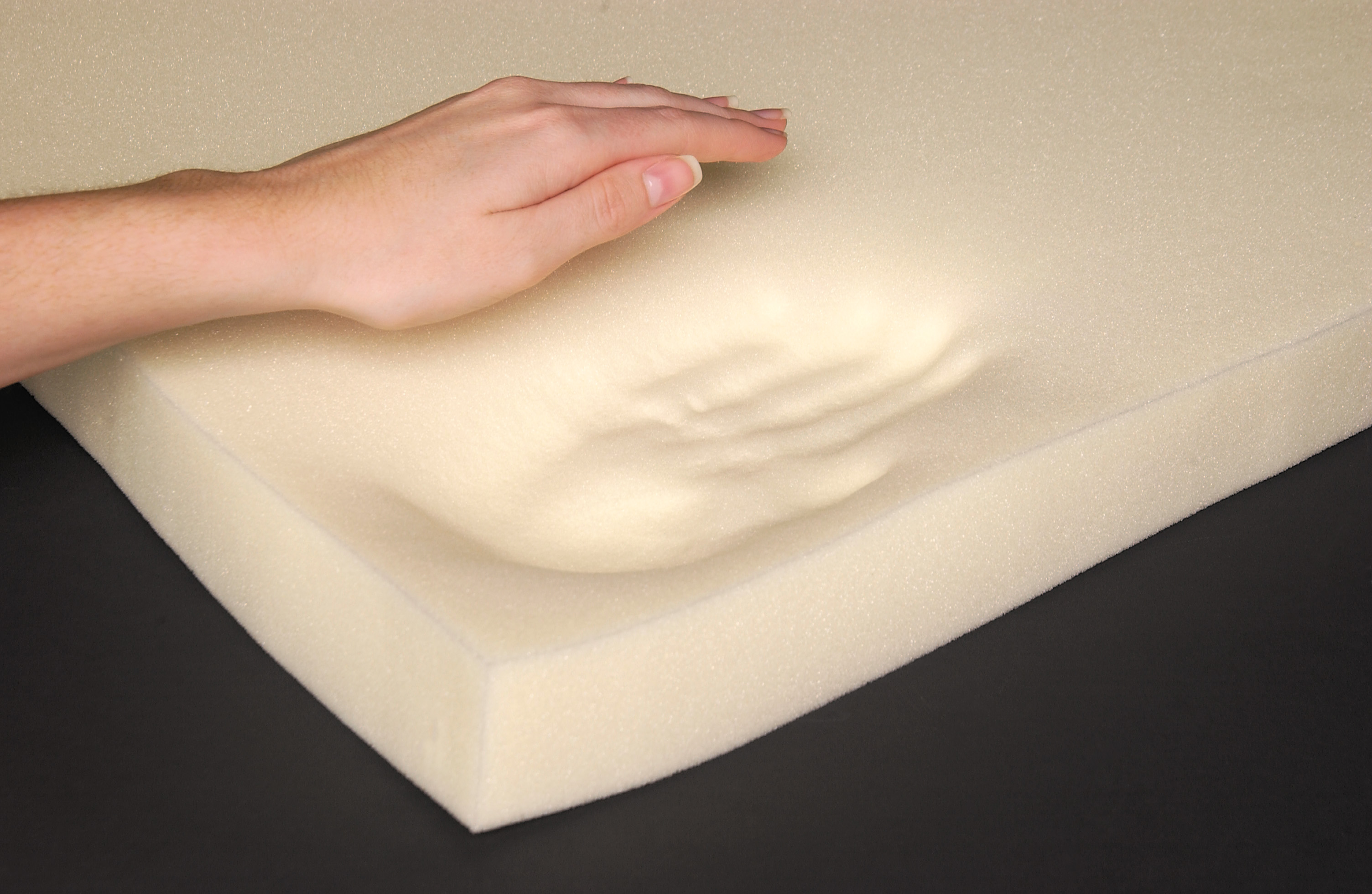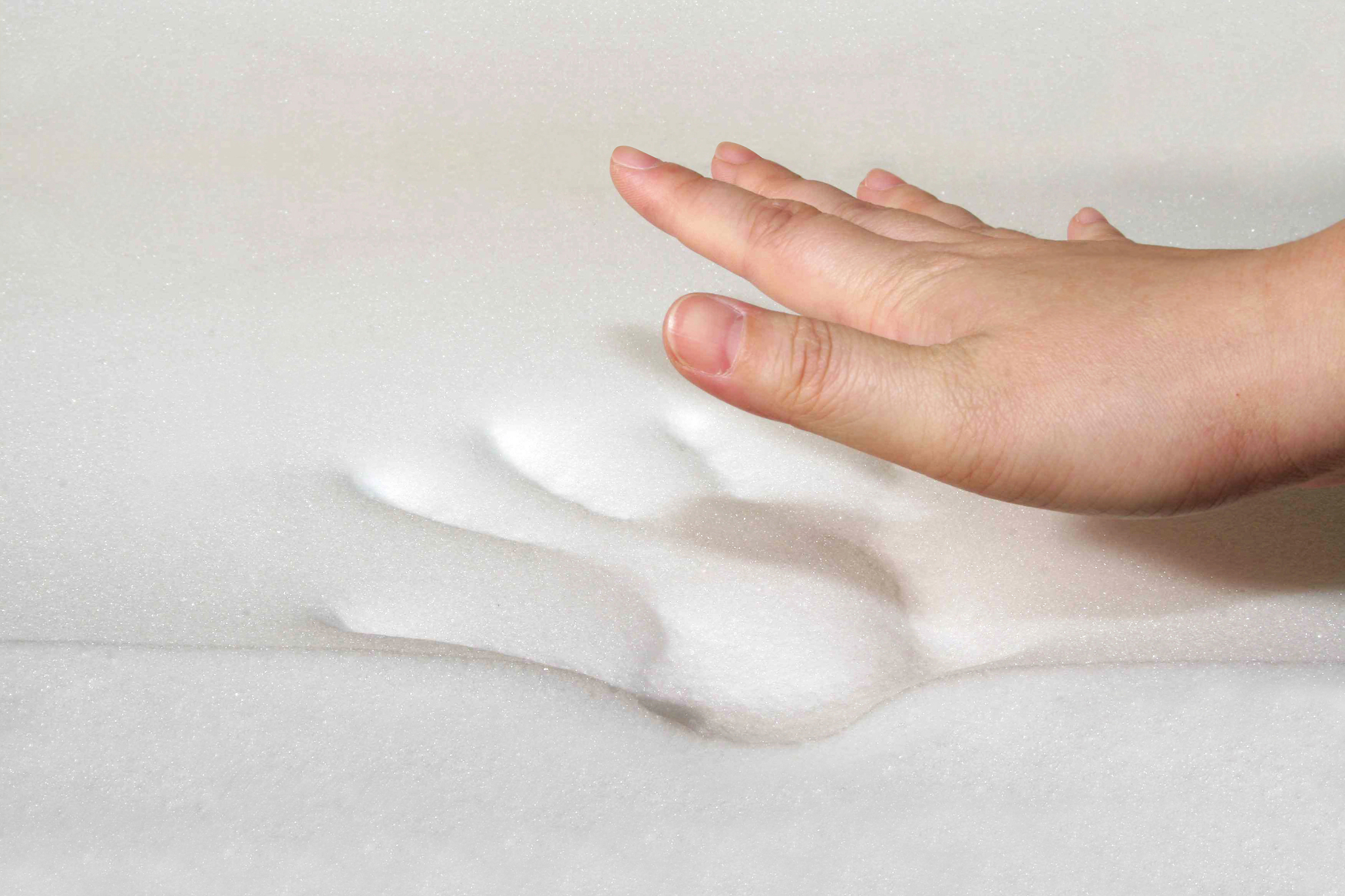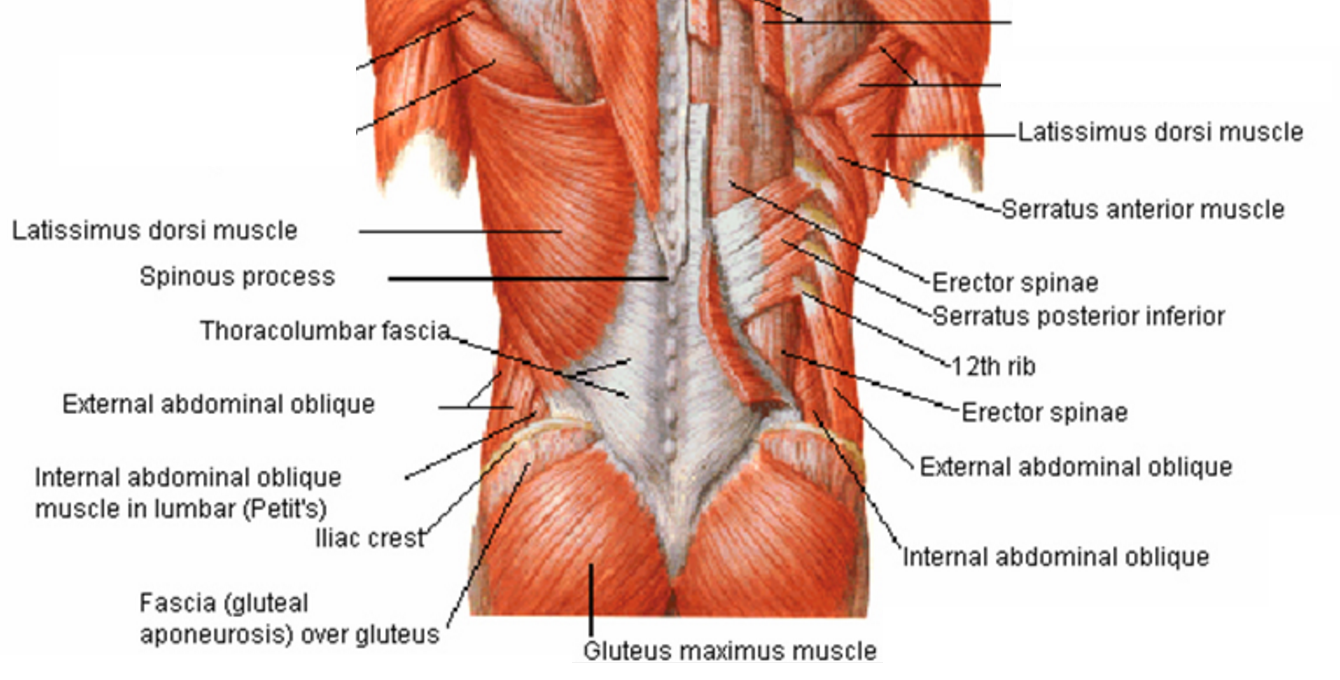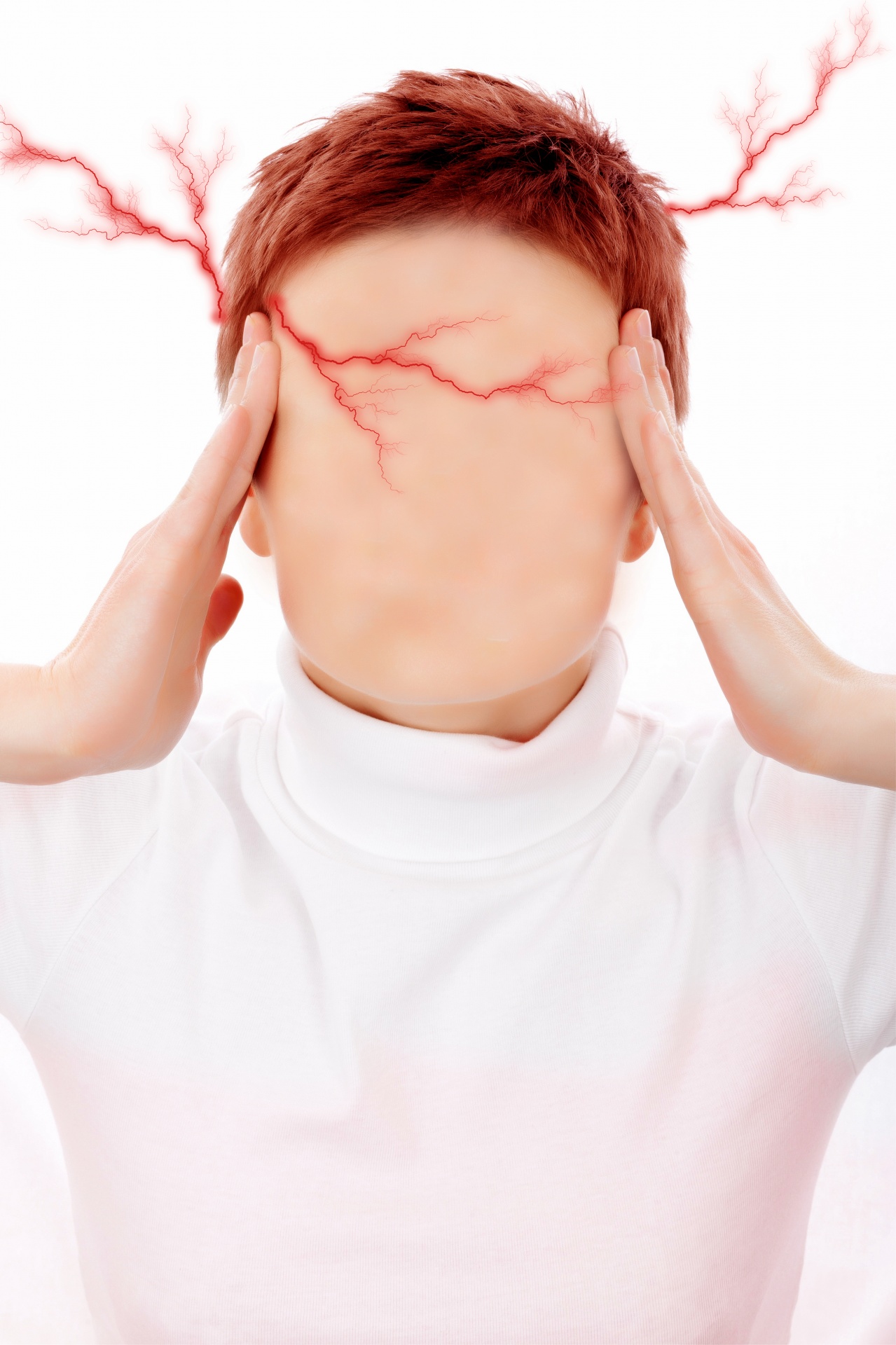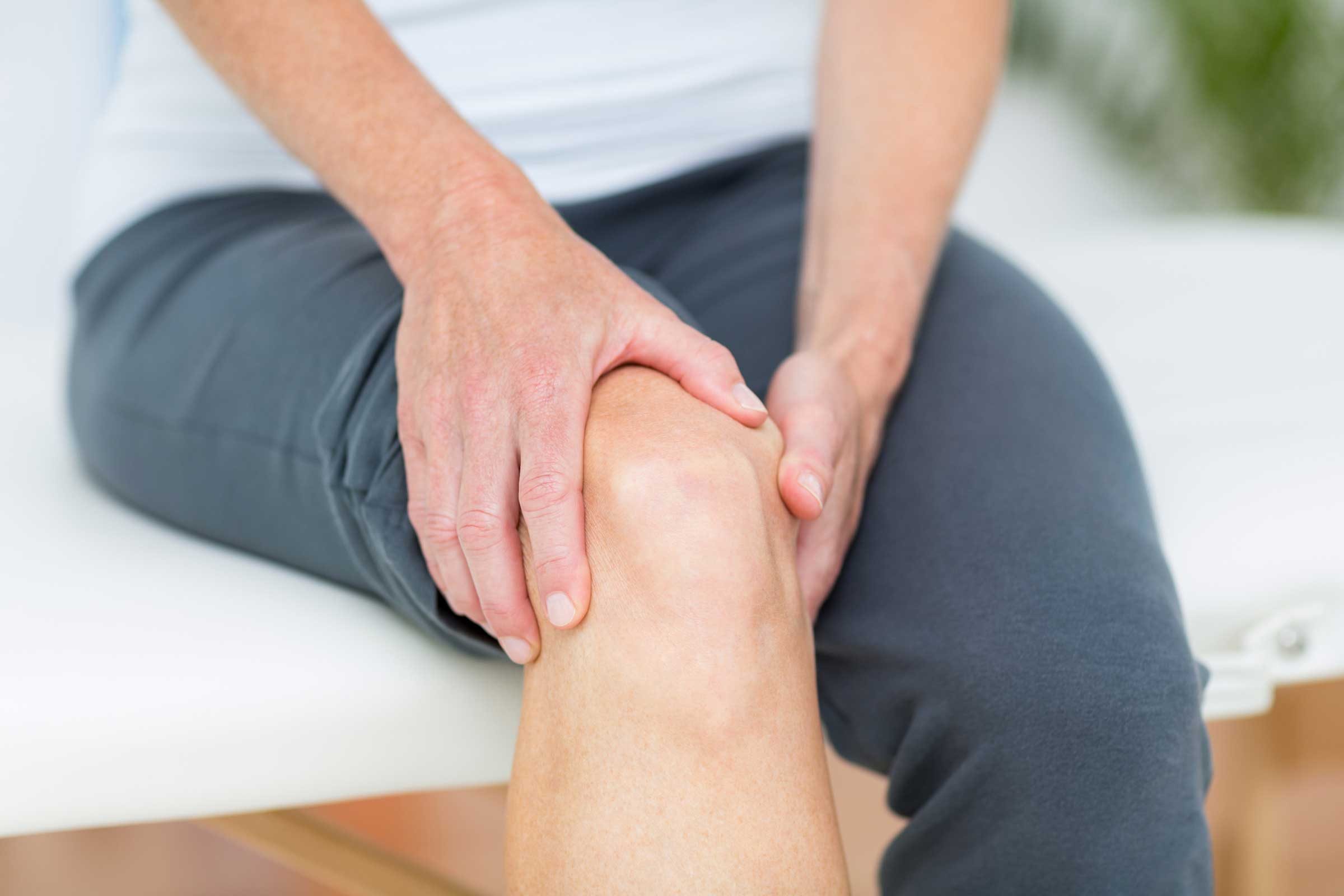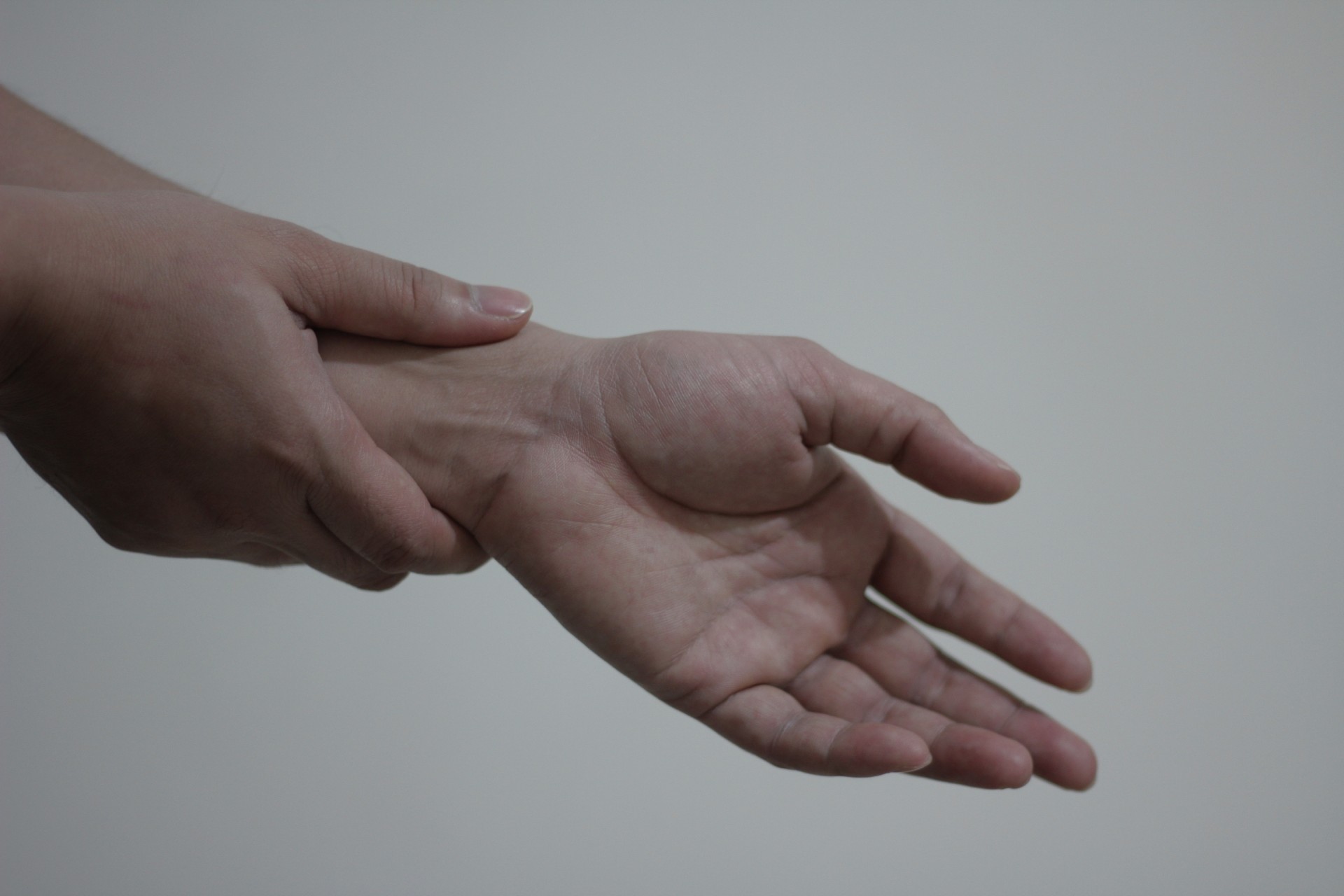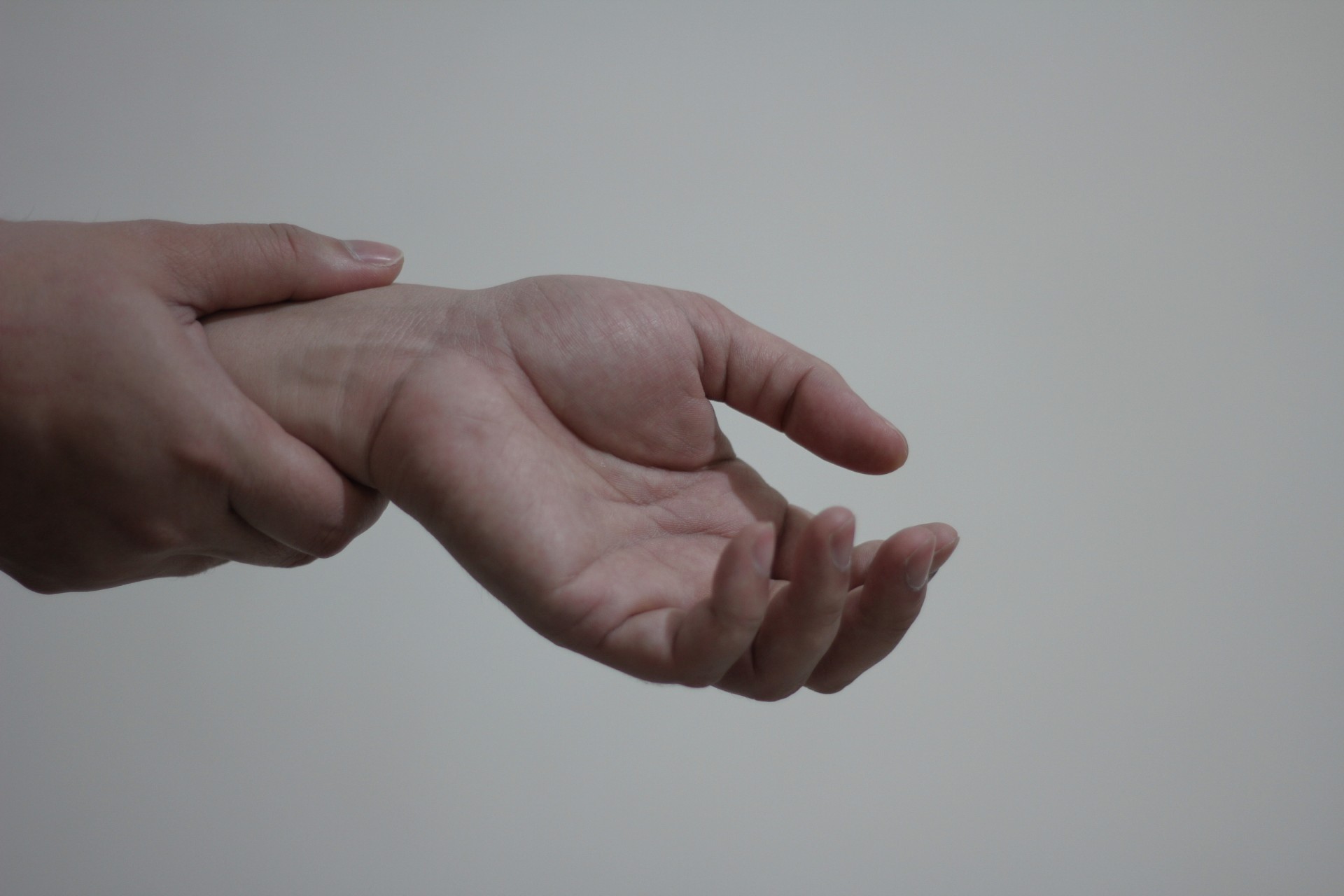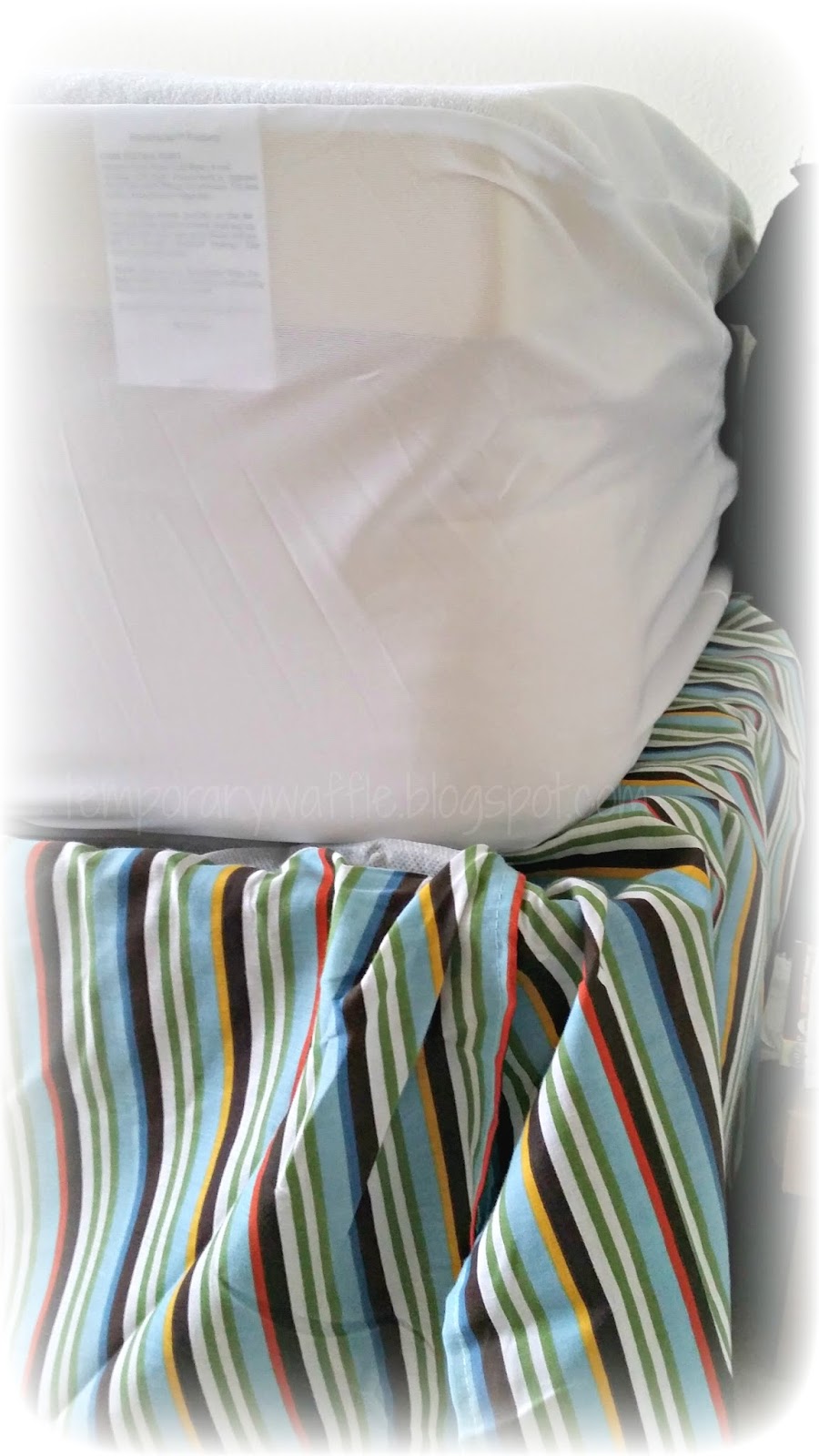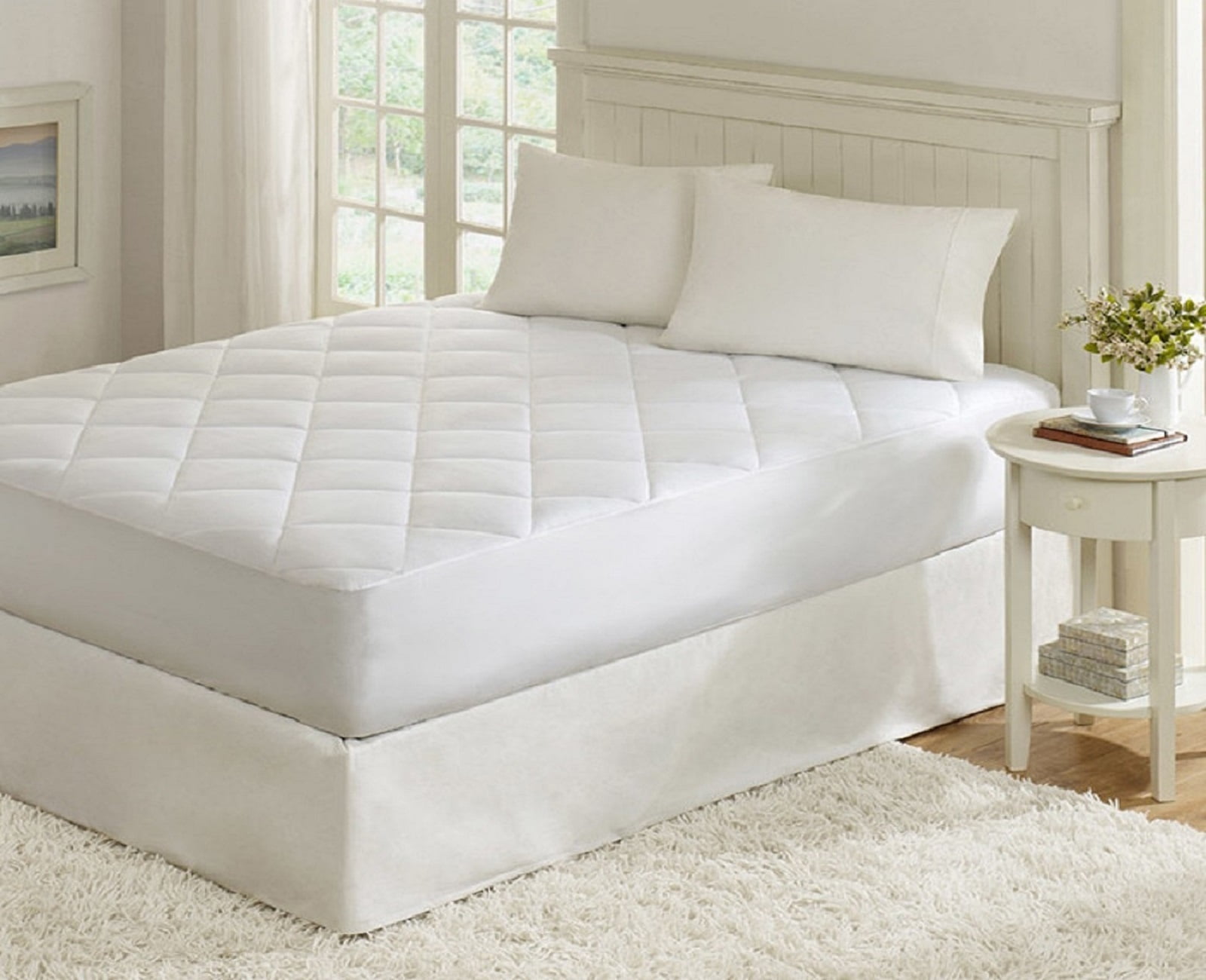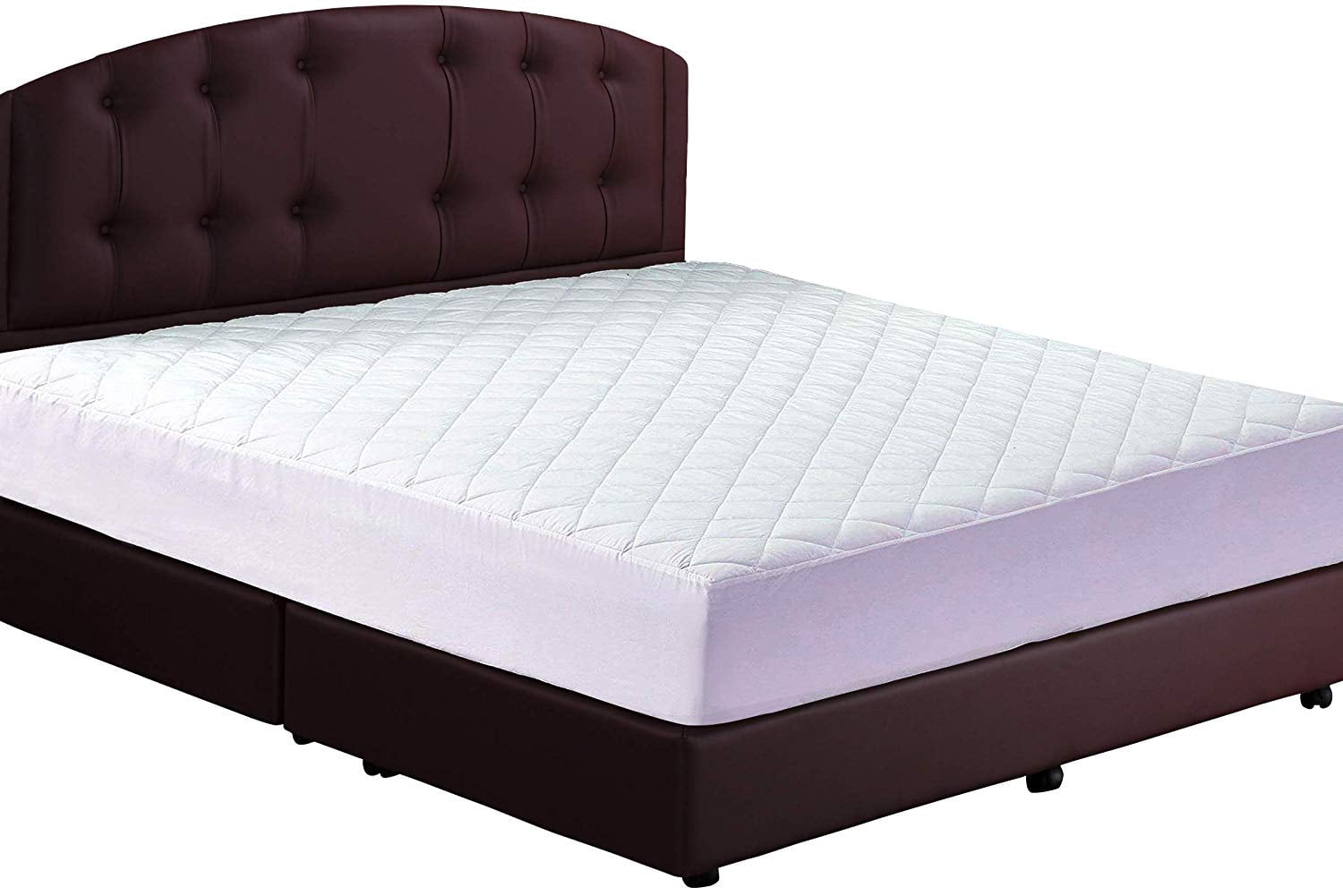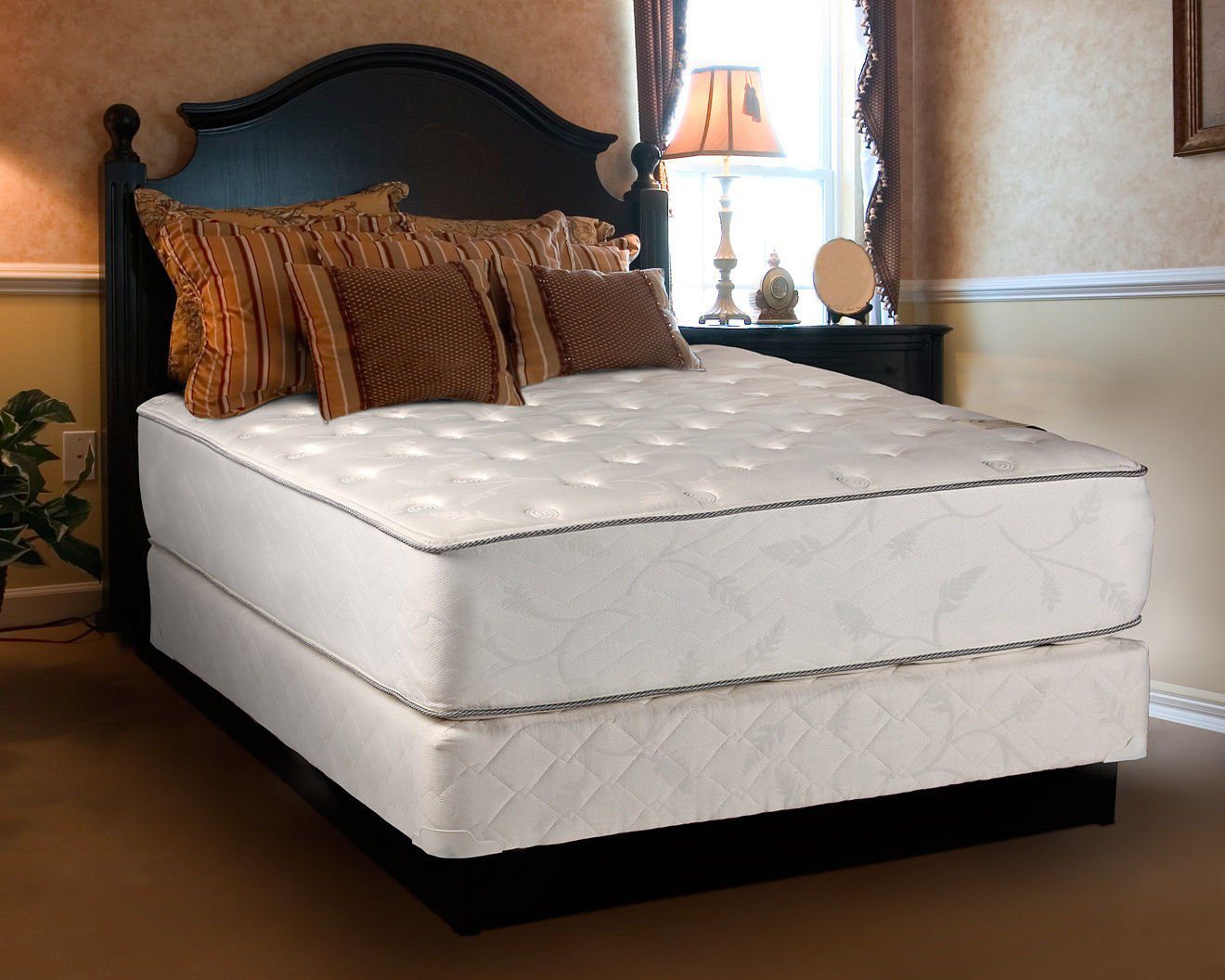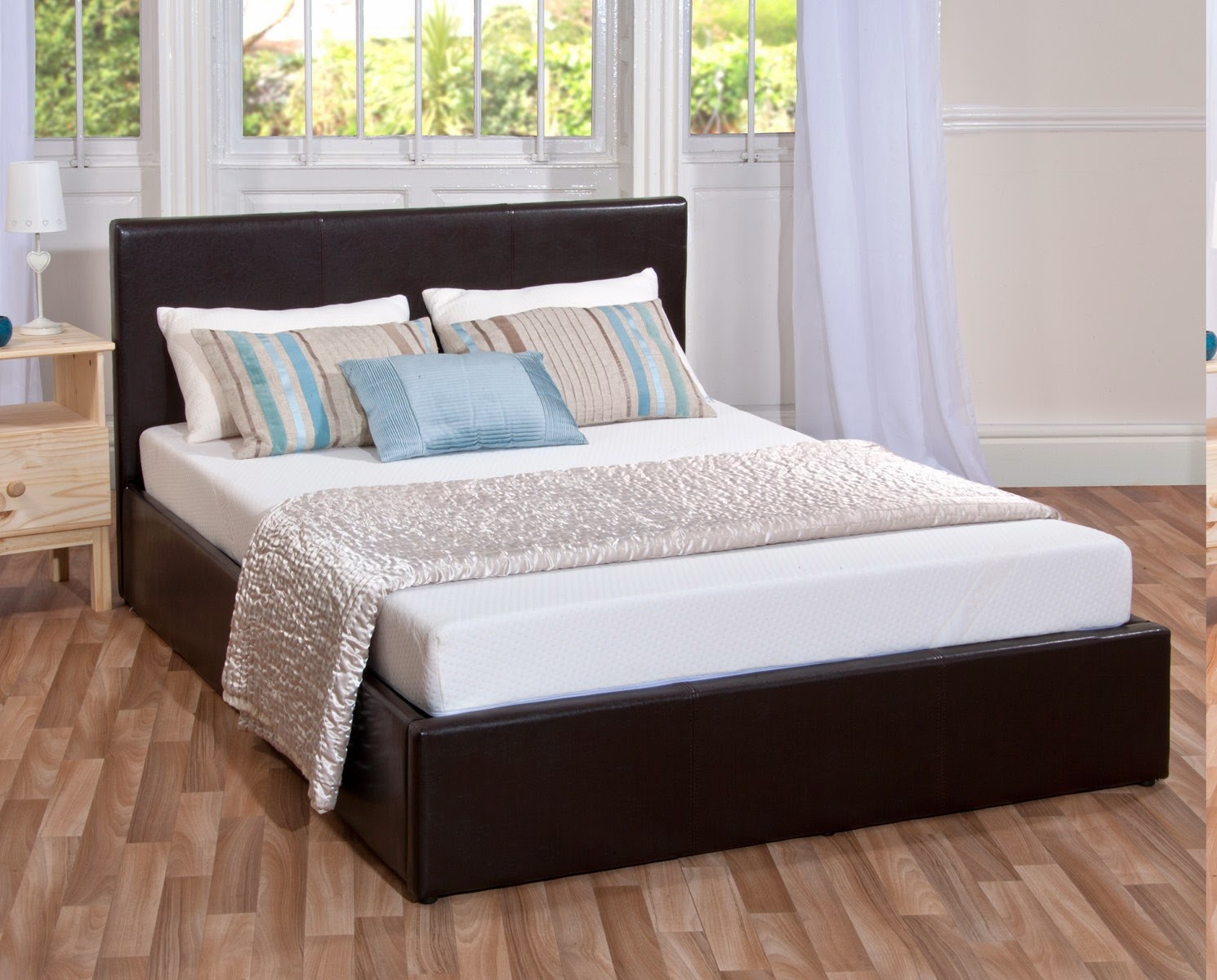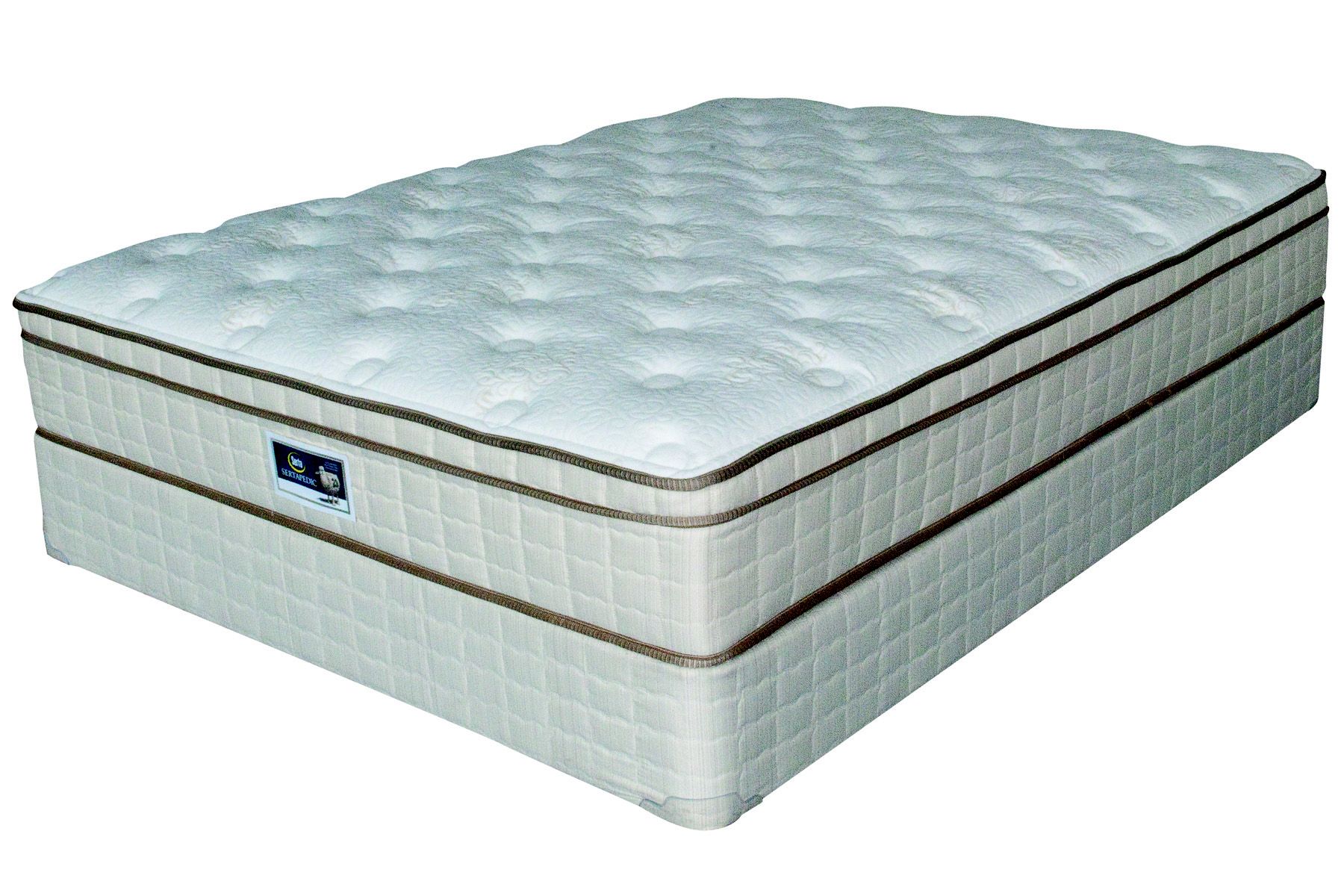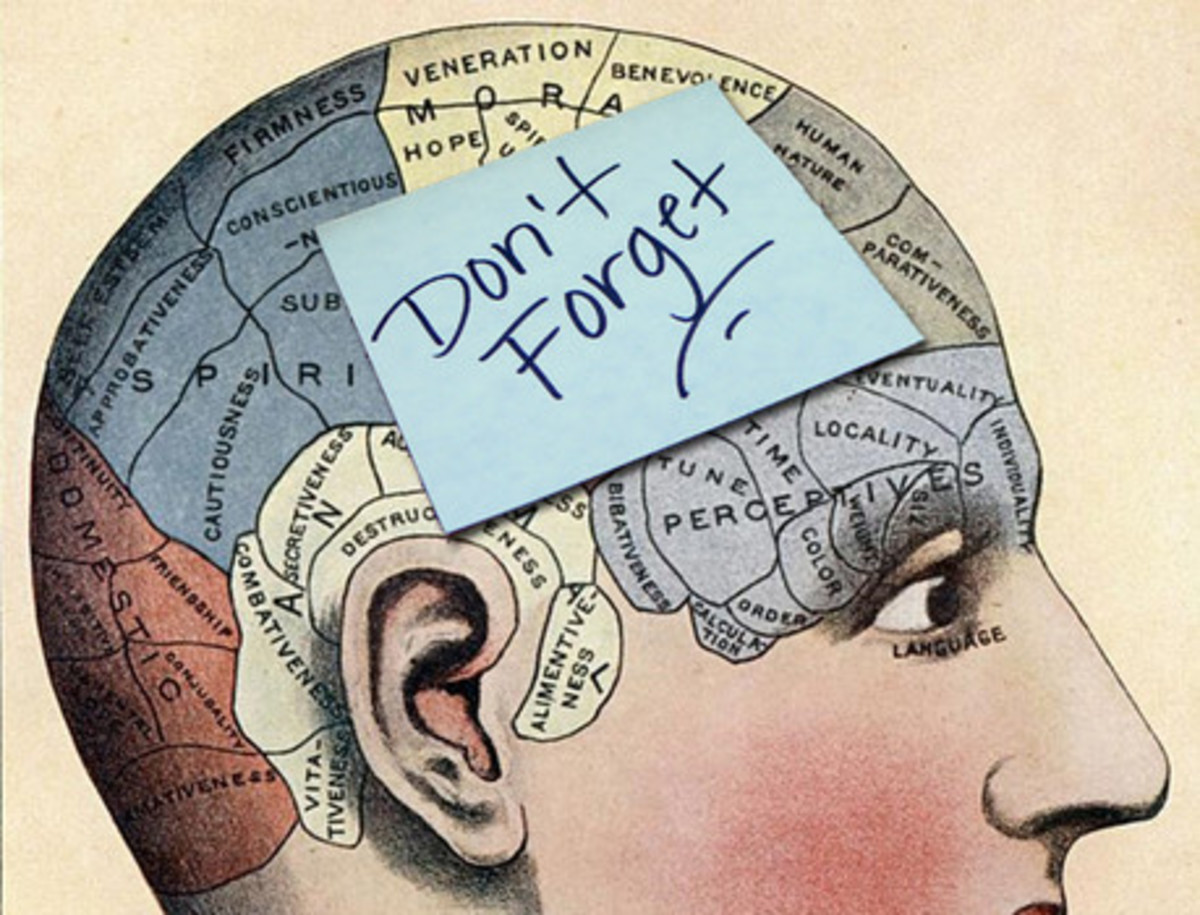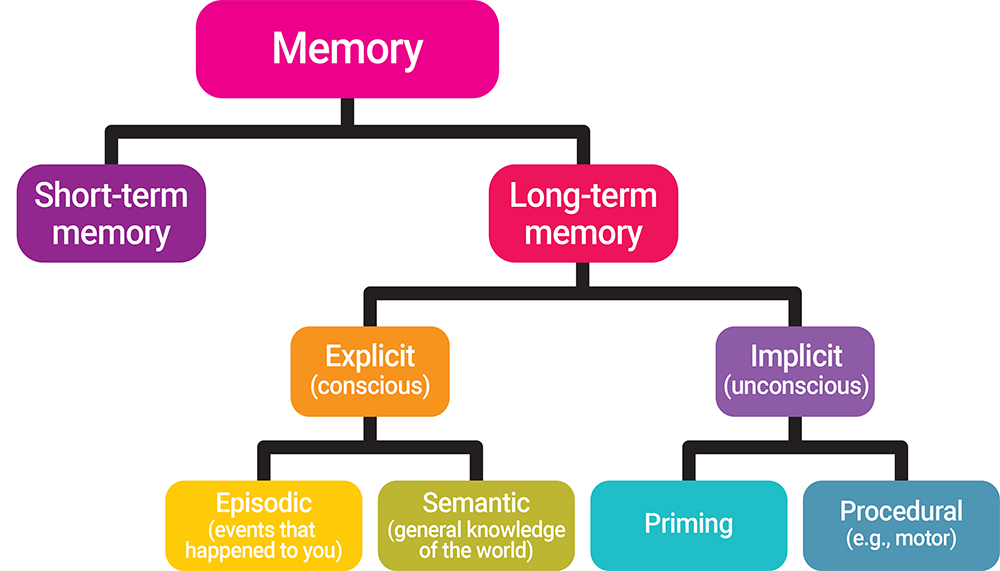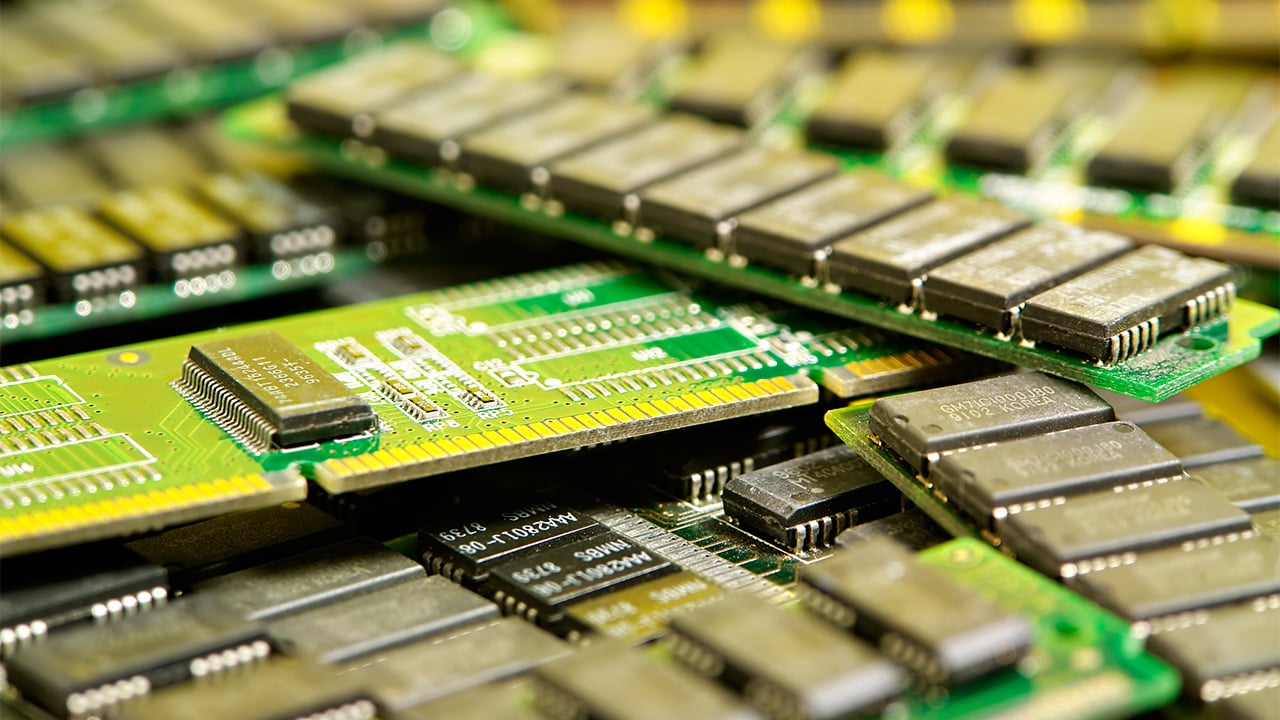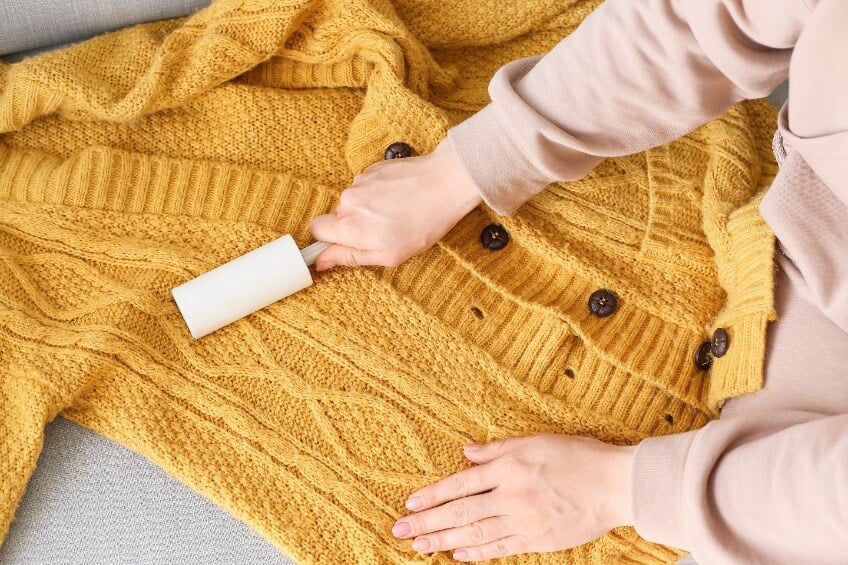1. Understanding Memory Foam Mattresses
If you're on the hunt for a new mattress, chances are you've come across the popular memory foam option. This material is known for its ability to conform to the body, providing support and pressure relief for a comfortable night's sleep. But, some people have concerns about whether memory foam mattresses can cause lower back pain. Let's take a closer look at this topic.
2. What Causes Lower Back Pain?
Before we delve into the potential link between memory foam mattresses and lower back pain, it's important to understand the common causes of this type of pain. Lower back pain can be caused by a variety of factors such as poor posture, muscle strain, injuries, and certain medical conditions. It's always best to consult with a healthcare professional to determine the root cause of your back pain.
3. How Memory Foam Mattresses Work
Memory foam mattresses are made from a viscoelastic material that responds to heat and pressure. This means that when you lay on the mattress, it will contour to your body's shape, providing support and cushioning for your joints. This can help alleviate pressure points and promote better spinal alignment.
4. The Connection Between Memory Foam and Lower Back Pain
There is no definitive evidence that memory foam mattresses directly cause lower back pain. In fact, many people with back pain have found relief by switching to a memory foam mattress. However, there are a few factors that could potentially contribute to back pain when using a memory foam mattress.
5. Lack of Support
One potential issue with memory foam mattresses is that they may not provide enough support for some individuals. These mattresses are designed to contour to the body, which can be beneficial for some but may not provide enough support for those with lower back pain. If your mattress is not firm enough, it could cause your spine to sink too deeply, leading to discomfort and pain.
6. Sleeping Position
Another factor to consider is your sleeping position. If you're a stomach sleeper, a memory foam mattress may not be the best choice for you. This position puts added pressure on the lower back, and a memory foam mattress may not provide enough support to keep your spine properly aligned. If you're a back or side sleeper, a memory foam mattress may be a better fit.
7. Quality of Mattress
Not all memory foam mattresses are created equal. Some may be too soft or too firm, causing discomfort and back pain. It's important to do your research and invest in a high-quality memory foam mattress that offers the right level of support for your body.
8. The Adjustment Period
When switching to a memory foam mattress, there may be an adjustment period where your body needs time to get used to the new mattress. This can cause temporary discomfort and back pain, but it should subside as your body gets accustomed to the new sleeping surface.
9. Tips for Reducing Lower Back Pain with a Memory Foam Mattress
If you're experiencing lower back pain with your memory foam mattress, there are a few things you can try to alleviate the discomfort. First, make sure your mattress is providing enough support for your body. If it's too soft, consider adding a firm mattress topper. Additionally, try sleeping in different positions to see which is most comfortable for your back.
10. The Bottom Line
So, does a memory foam mattress cause lower back pain? The answer is not a simple yes or no. While there are some potential factors that could contribute to back pain with a memory foam mattress, this type of mattress can also provide relief for those with back pain. It's important to consider your own body and sleeping habits, as well as investing in a high-quality mattress, to determine if a memory foam mattress is right for you.
The Relationship Between Memory Foam Mattresses and Lower Back Pain

What is a Memory Foam Mattress?
 A memory foam mattress is a type of mattress that is made from a material called viscoelastic foam. This material is known for its ability to conform to the shape of the body, providing support and pressure relief. Memory foam mattresses have become increasingly popular in recent years due to their ability to reduce motion transfer and provide a comfortable sleeping experience.
A memory foam mattress is a type of mattress that is made from a material called viscoelastic foam. This material is known for its ability to conform to the shape of the body, providing support and pressure relief. Memory foam mattresses have become increasingly popular in recent years due to their ability to reduce motion transfer and provide a comfortable sleeping experience.
Does Memory Foam Mattress Cause Lower Back Pain?
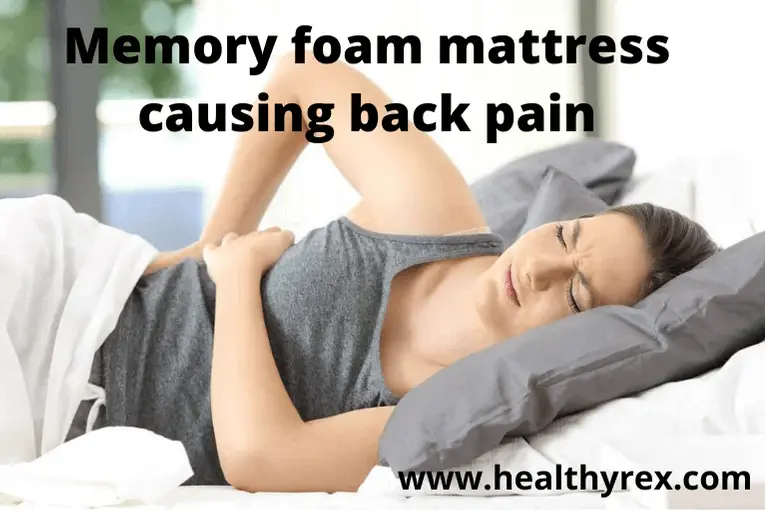 Many people have reported experiencing lower back pain after sleeping on a memory foam mattress. This has caused some to question whether memory foam mattresses are actually beneficial for those suffering from back pain. The answer is not a simple yes or no, as it depends on various factors.
Firstly,
it is important to note that
memory foam mattresses
are not designed to cause
lower back pain
. In fact, they are often recommended by doctors for individuals with back pain due to their ability to provide support and relieve pressure points. However, if a person's
lower back pain
is caused by an underlying condition, a memory foam mattress may not provide the necessary support and could worsen the pain.
Many people have reported experiencing lower back pain after sleeping on a memory foam mattress. This has caused some to question whether memory foam mattresses are actually beneficial for those suffering from back pain. The answer is not a simple yes or no, as it depends on various factors.
Firstly,
it is important to note that
memory foam mattresses
are not designed to cause
lower back pain
. In fact, they are often recommended by doctors for individuals with back pain due to their ability to provide support and relieve pressure points. However, if a person's
lower back pain
is caused by an underlying condition, a memory foam mattress may not provide the necessary support and could worsen the pain.
Factors to Consider
 When trying to determine if a memory foam mattress is causing
lower back pain
, there are a few factors that should be considered. These include the individual's sleeping position, the firmness of the mattress, and the overall quality of the mattress.
Sleeping position
plays a crucial role in
lower back pain
as it affects the alignment of the spine. Those who sleep on their side may experience more pressure on their hips and shoulders, which could lead to
lower back pain
if the mattress is not supportive enough. On the other hand, back sleepers may find that a memory foam mattress provides the necessary support for their spine.
Quality and firmness
of the mattress also play a significant role in
lower back pain
. If the mattress is too soft, it may not provide enough support for the spine, causing it to sink in and lead to discomfort. On the other hand, if the mattress is too firm, it may put too much pressure on the body, leading to pain and discomfort.
When trying to determine if a memory foam mattress is causing
lower back pain
, there are a few factors that should be considered. These include the individual's sleeping position, the firmness of the mattress, and the overall quality of the mattress.
Sleeping position
plays a crucial role in
lower back pain
as it affects the alignment of the spine. Those who sleep on their side may experience more pressure on their hips and shoulders, which could lead to
lower back pain
if the mattress is not supportive enough. On the other hand, back sleepers may find that a memory foam mattress provides the necessary support for their spine.
Quality and firmness
of the mattress also play a significant role in
lower back pain
. If the mattress is too soft, it may not provide enough support for the spine, causing it to sink in and lead to discomfort. On the other hand, if the mattress is too firm, it may put too much pressure on the body, leading to pain and discomfort.
Conclusion
 In conclusion, a memory foam mattress itself is not the cause of
lower back pain
. However, factors such as an individual's sleeping position, the quality, and firmness of the mattress can play a role in exacerbating or reducing
lower back pain
. It is crucial to consider these factors when choosing a memory foam mattress, and if back pain persists, it is recommended to consult a healthcare professional for further advice.
In conclusion, a memory foam mattress itself is not the cause of
lower back pain
. However, factors such as an individual's sleeping position, the quality, and firmness of the mattress can play a role in exacerbating or reducing
lower back pain
. It is crucial to consider these factors when choosing a memory foam mattress, and if back pain persists, it is recommended to consult a healthcare professional for further advice.













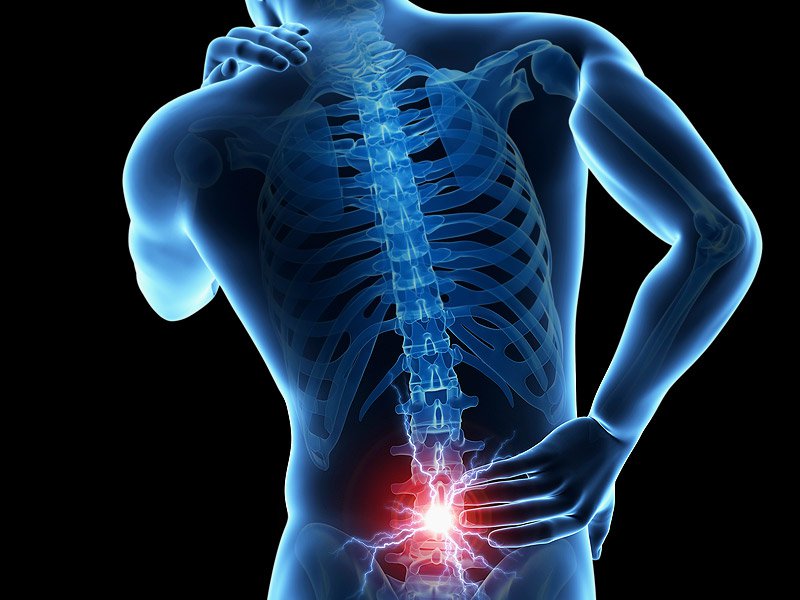
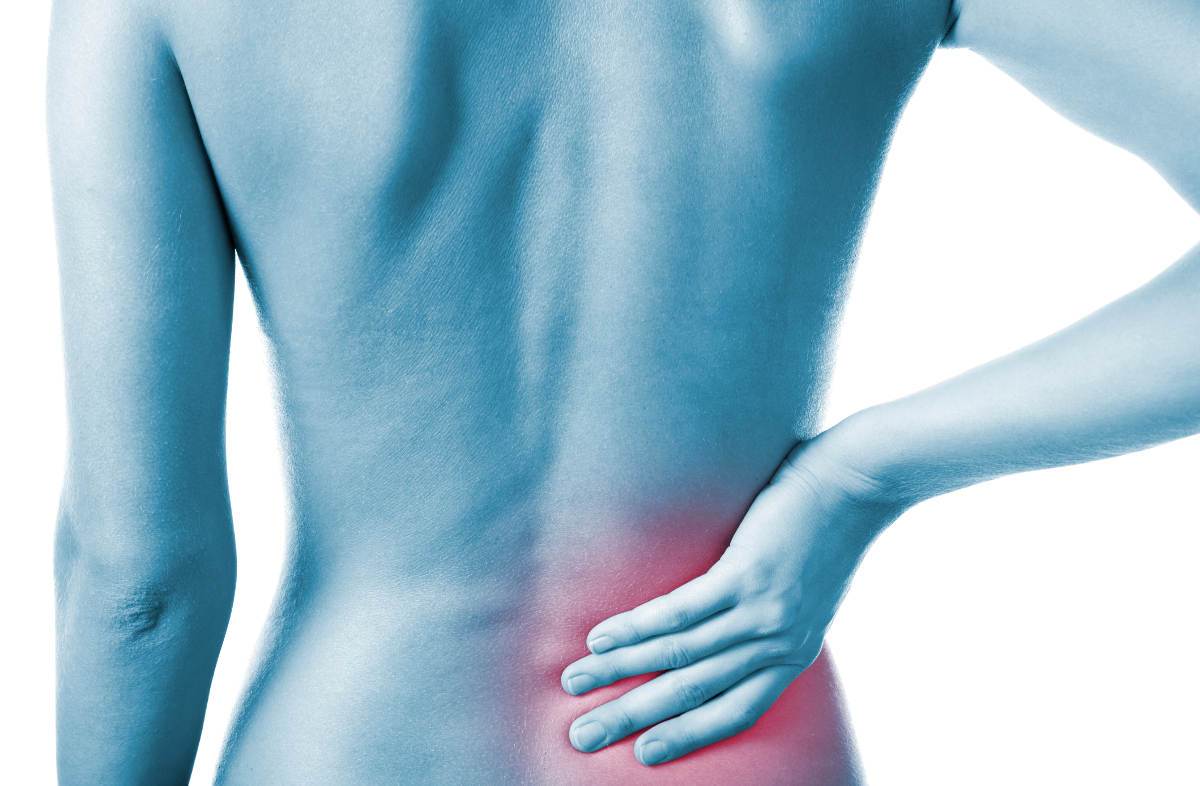





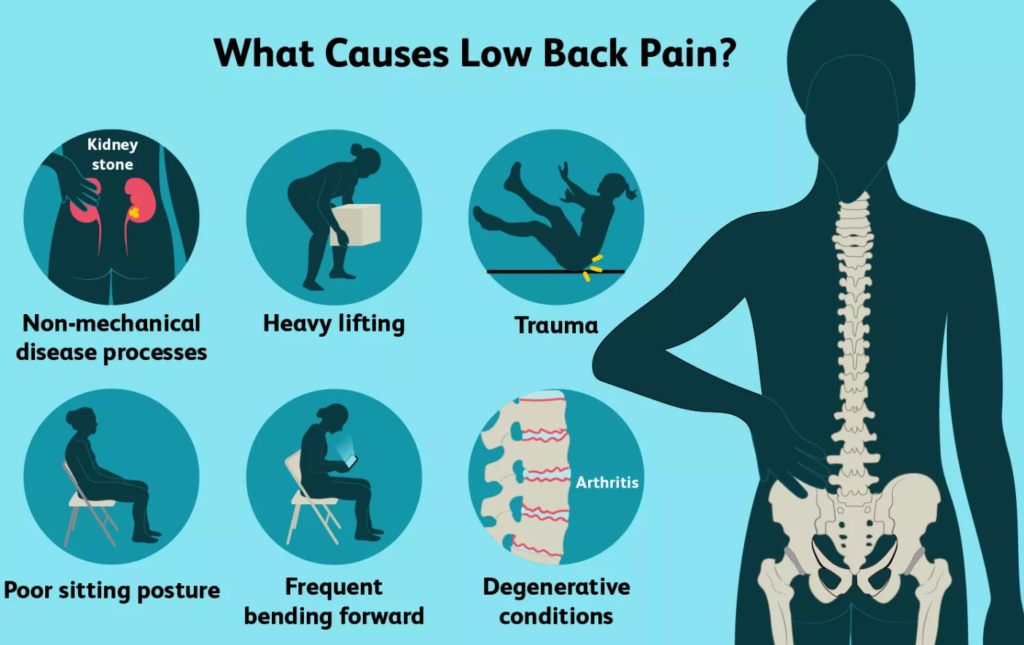

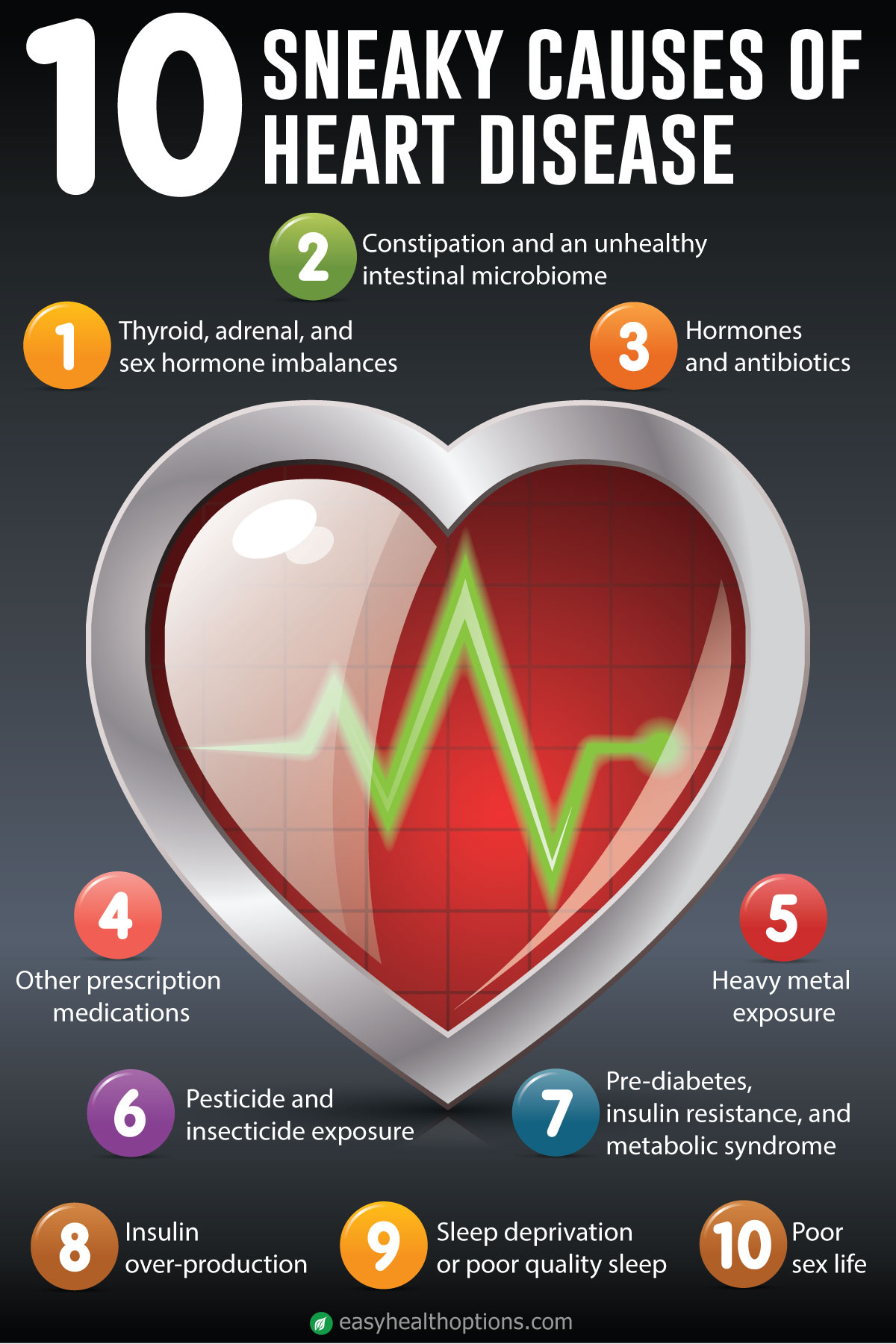


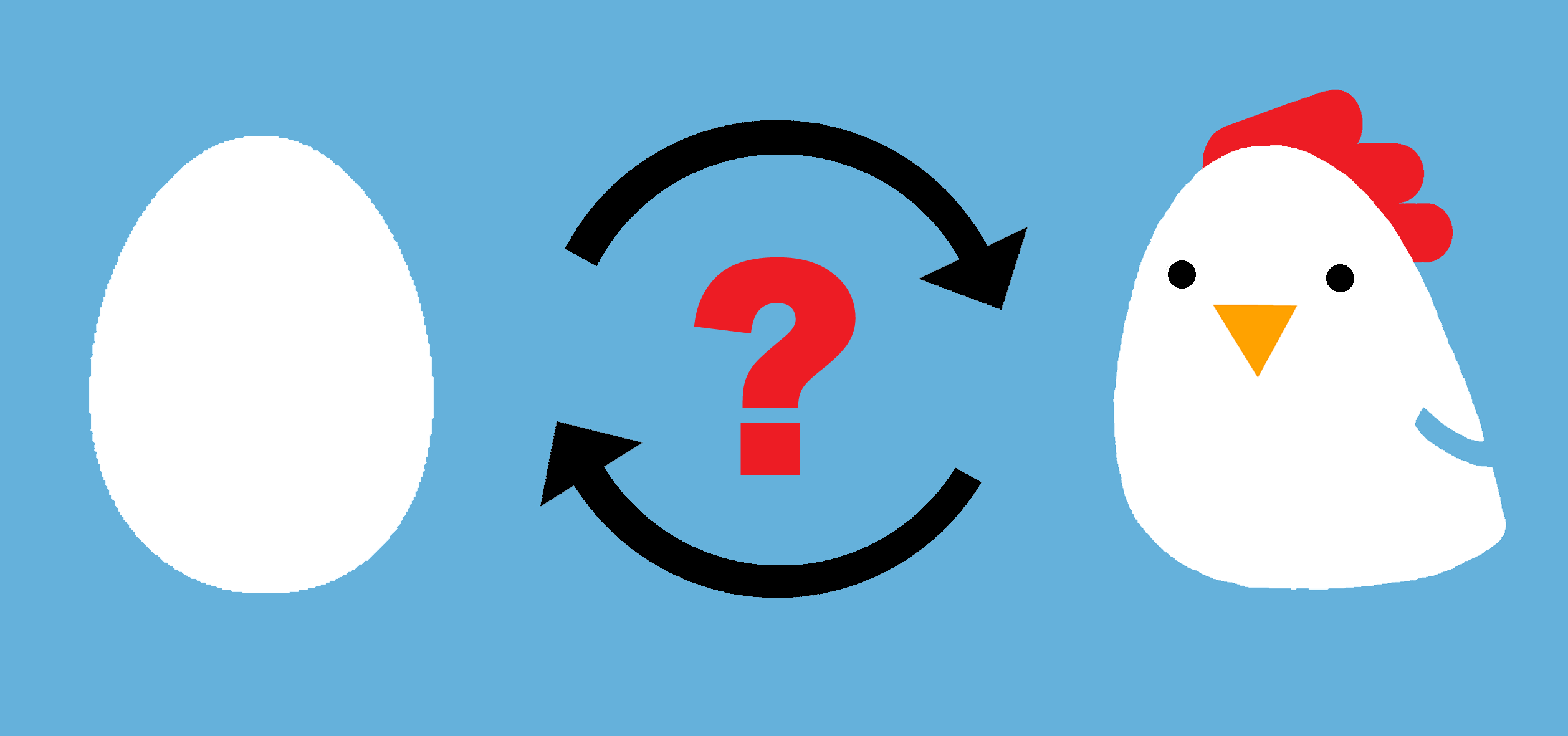

:max_bytes(150000):strip_icc()/cancer-causes-513773_FINAL-ed7f995b3eca46eca8064643b15ce581.jpg)
/1066772-common-causes-of-depression-5ae727a7875db900375789d5.png)
